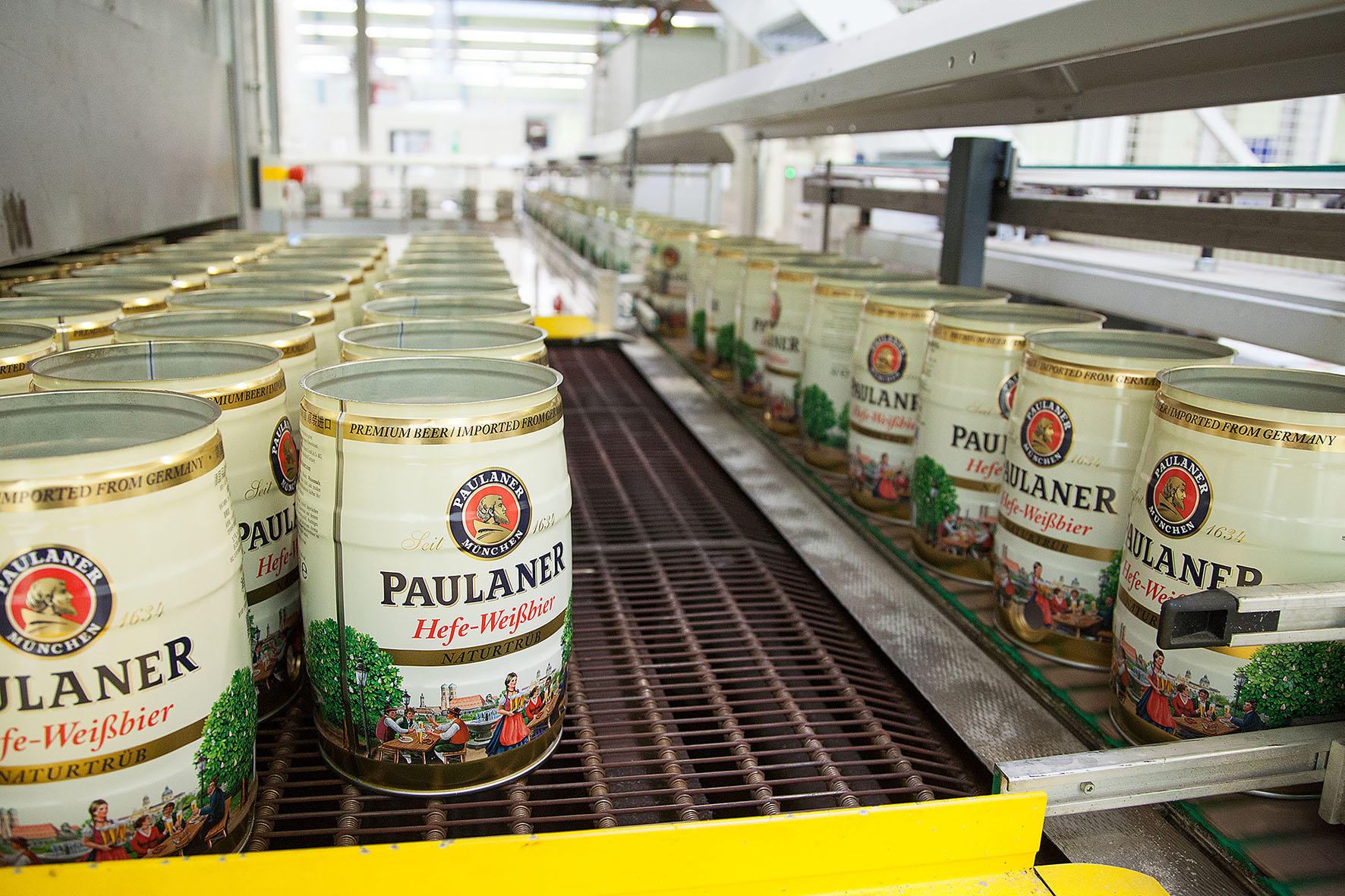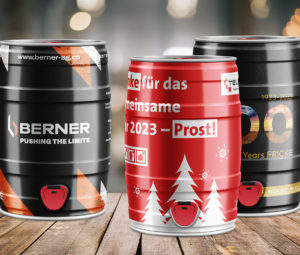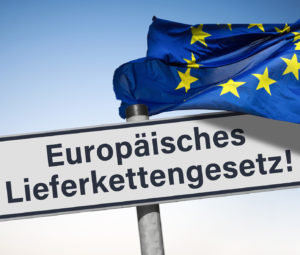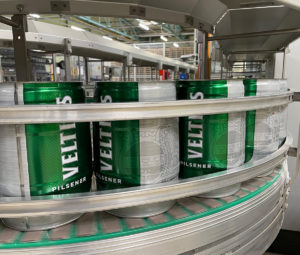The beer market in Asia is very significant. Throughout the Asia-Pacific region, beer has been on the rise for years as one of the most popular alcoholic beverages. China has long been the largest beer market in the world. In 2018, over 43 billion liters of beer were sold there. By comparison, Germany ranks fifth worldwide – and first in Europe, with around eight billion liters of beer sold. Paulaner is also focusing on growth in exports and, in Asia, also on the Envases`minikeg.
Paulaner successful in the Asian beer market
As the largest beer market in the world, Asia is naturally also interesting for German breweries. Munich-based Paulaner has managed to position itself extremely successfully there. Since in Asian culture people prefer to eat and drink together with family and friends, and on top of that, they love the Bavarian lifestyle, the 5-liter keg for self-tapping is particularly well received there. “The 5-liter keg is certainly finding the greatest appeal in the Asian market, and especially in China,” comments Hyeun-Mi Lee, head of international brand management at Paulaner. “‘Sharing is caring’ is part of the food culture here, and sitting together at the table, tapping beer together and toasting together is a perfect fit.”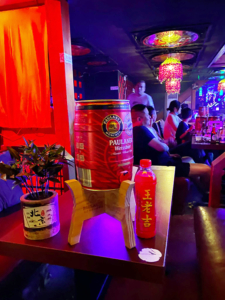
For a long time, beer played only a subordinate role in China. In 1990, for example, China’s share of global beer output was just over six percent. The growing middle class and their interest in Western consumption habits have helped beer in Asia in general to experience a significant upswing over the last twenty years. A beer industry of its own has long since developed there. As a result, brands that are largely unknown in this country are among the most widely drunk in the world.
Minikeg communicates sociability and Bavarian spirit of life
‚Gut, besser, Paulaner‘ – (‘Good, better, Paulaner’) – with its Bavarian tradition and unrestricted adherence to quality and the purity law (Reinheitsgebot), the Paulaner brand has succeeded in creating a clear and authentic positioning that communicates its German origins and makes perfect use of them. After all, German beer quality has an excellent reputation in Asia. When it comes to beer culture, beer tapping is an essential part of it.
Since the aspect of “sharing with friends and family” is firmly anchored culturally and culinary in Asia, Lee sees a variety of possible uses for the mini-keg in retail and foodservice for the beer market in Asia. As an example, Paulaner has developed a table stand especially for restaurants in China and for the dining table, on which the keg can be placed in a visually appealing way. According to Lee, this display option has been very well received and is helping to further open up the market. This is a direct link to the Paulaner brand philosophy: “Paulaner connects – just like the mini-keg: through tapping, sharing and mutual toasting.
Special packaging with beer mug and a 1 liter can of Oktoberfest beer
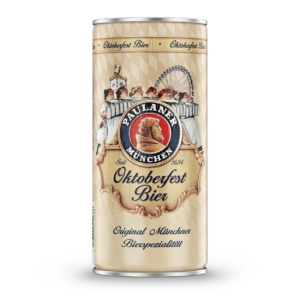
Paulaner is also successfully using another container from the Envases portfolio – one that is hardly known in Germany – to creatively spread the Bavarian way of life: the 1-liter can. Filled with Paulaner Oktoberfest beer, it is sold in a bundle with an original Paulaner beer mug as a special container. With this, Paulaner once again delivers a successful combination of Bavarian tradition and Munich lifestyle – as it does with the mini keg for self-tapping – which optimally contributes to the brand image. Or, as the Paulaner marketing expert sums it up: ” This allows us to carry the authentic Oktoberfest feeling into the world.”
About Paulaner:
Since 1634, the name Paulaner has stood for the Munich beer culture. The product range of the traditional brewery extends from classics such as wheat beer and Hellem to the specialties Salvator and Oktoberfest beer all the ways to new beer creations. Paulaner is a long-established Munich family business that has developed into a globally positioned and successful brand company. More than two million hectoliters leave the brewery in Munich-Langwied every year for over 70 countries.
Paulaner Brewery is the management company of the Paulaner Brewery Group, a joint venture between the Munich-based Schörghuber Group, which holds 70 percent of the shares, and the Dutch brewing group Heineken, which holds 30 percent in a joint venture. Its 100 percent subsidiaries include brands throughout southern Germany, such as Fürstenberg, Auerbräu, Hacker-Pschorr, Hopf, Schmucker, Hoepfner and Chiemseer. In addition, the Paulaner Brewery Group holds a 63.8 percent stake in the listed Kulmbacher Brauerei AG.
